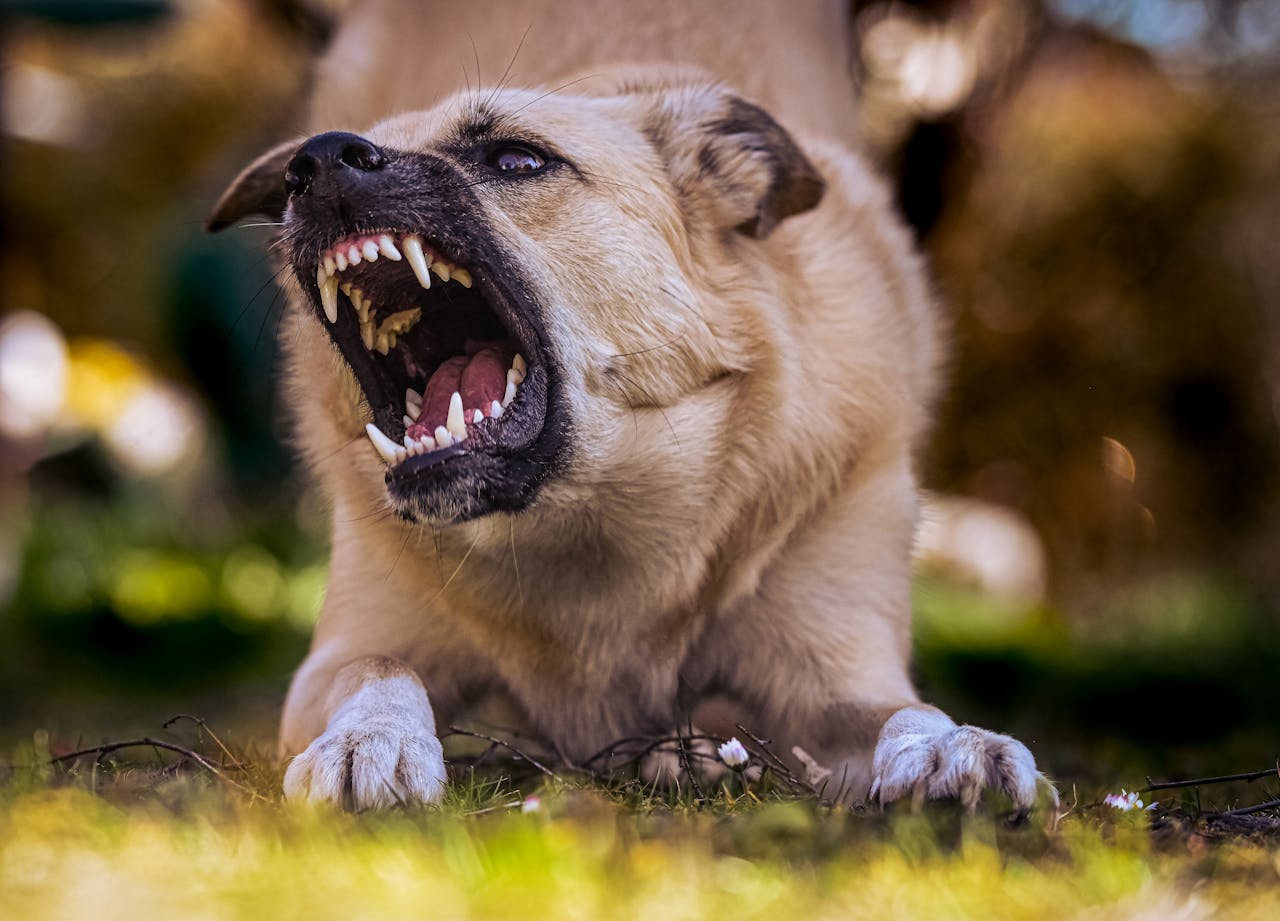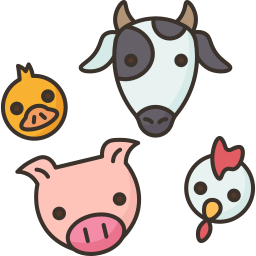Climate change is a big problem that affects everyone. As the world gets warmer and the weather changes, our environment also changes. Birds are one group that feels these changes a lot. In this article, we will learn how climate change and hot summer weather affect birds and what we can do to help them.
What is Climate Change?
Climate change means the weather is getting different over a long time. It happens because of things we people do, like burning coal, oil, and gas, cutting down trees and making pollution. These actions release gases into the air that trap heat, making the planet warmer. This warming leads to more hot days higher sea levels, and different weather.
Birds and Their Homes
Birds are important for nature. They help control bugs, pollinate plants and spread seeds which keep nature healthy. Birds live in many places, like forests, wetlands, cities and deserts. Each bird needs food, water and a safe place to live.
Effects of Summer Heat on Birds
Hotter temperatures cause problems for birds, especially in the summer. Birds can get dehydrated and stressed from the heat. Like people, birds need to stay cool to be healthy. When it’s too hot, birds might not find enough water to drink, which can make them very tired or even die.
Birds also change what they do in the heat. They might be more active in the early morning or late evening when it is cooler and rest in the shade during the hottest part of the day. Some birds move to cooler places if their home becomes too hot, but not all birds can move, and long-term heat can hurt bird populations.
Examples of Affected Birds
Here are some examples of how heat affects different birds:
- Finding Shade: Birds rest in shady spots during the hottest times of the day to stay cool.
- Panting: Birds use a method like panting called gular fluttering, where they move their throat muscles quickly to cool down.
- Feather Adjustments: Birds can change how their feathers sit to either trap heat or let more air through to cool down.
- Changing Activity: Birds might be active at cooler times of the day and rest when it’s too hot.
How Birds Cope with Heat
Birds have some ways to deal with the heat:
- Finding Shade: Birds rest in shady spots during the hottest times of the day to stay cool.
- Panting: Birds use a method like panting called gular fluttering, where they move their throat muscles quickly to cool down.
- Feather Adjustments: Birds can change how their feathers sit to either trap heat or let more air through to cool down.
- Changing Activity: Birds might be active at cooler times of the day and rest when it’s too hot.
Helping Birds
Here are some ways we can help birds deal with climate change and heat:
- Restore Habitats: Planting native plants and restoring wetlands gives birds better places to live.
- Create Bird-Friendly Spaces: We can make our gardens bird-friendly with native plants, bird baths, and nesting boxes.
- Support Conservation Groups: Donating to or volunteering with organizations that protect birds and their homes can make a big difference.
- Push for Climate Action: Supporting rules that reduce pollution and promote clean energy helps fight climate change.
Conclusion
Birds are a key part of nature, and their health is linked to the health of our planet. Climate change and hotter summers are serious threats to birds. By understanding these problems and taking action to protect birds and their homes, we can help them survive and thrive. Every small effort counts in making a difference. Let’s work together to protect our planet and its amazing wildlife.
Why is it important to protect birds from climate change?
Birds play a vital role in our ecosystems by controlling pests, pollinating plants and spreading seeds. Protecting birds helps maintain a healthy environment and biodiversity. Taking action to fight climate change and preserve bird habitats benefits both birds and humans.
What can people do to help birds during hot weather?
People can help birds by creating bird-friendly spaces with plenty of shade and water. Planting native plants, setting up bird baths, and providing nesting areas can make a big difference. Supporting conservation efforts and reducing pollution also helps.
How do birds cope with extreme heat?
Birds have several ways to deal with heat. They rest in shady spots, become more active during cooler parts of the day, and use behaviors like panting to cool down. They also adjust their feathers to help manage their body temperature.
Why are hot summers hard for birds?
Hot summers can be tough for birds because they can overheat and struggle to find water. Birds need to keep cool, and high temperatures can make it hard for them to maintain a healthy body temperature.
How does climate change impact bird migration?
Climate change can alter the timing and routes of bird migration. Warmer temperatures may cause birds to migrate earlier or later than usual, and changes in weather patterns can affect the availability of food and resting spots along their migration paths.
What role do birds play in controlling insect populations?
Birds eat a large number of insects, helping to control pest populations. This natural pest control is important for agriculture and human health, as it reduces the need for chemical pesticides.
What is the long-term outlook for birds if climate change continues?
If climate change continues unchecked, many bird species may face significant declines or extinction. Protecting bird habitats, reducing carbon emissions, and taking conservation actions are crucial to ensuring the survival of bird populations.












